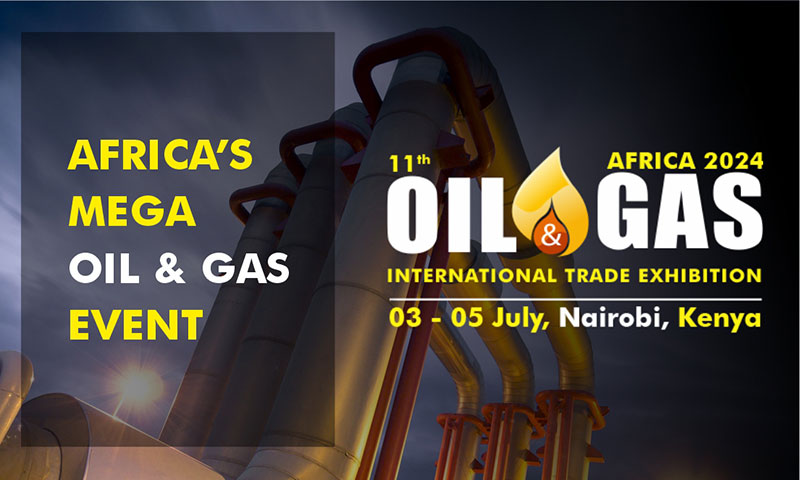

Uganda: ‘Oil Exploitation Requires Protecting the Environmental Against Damage
Posted on :Friday , 23rd October 2015
Oil exploration and production in Uganda require extreme caution to prevent environmental damages according to Dr Peter Blomeyer the German ambassador to Uganda.
The ambassador noted that Uganda’s oil and gas resources have been discovered in environmentally sensitive areas such as forests, national parks, lakes and rivers. Uganda’s Petroleum resources are now estimated to be 6.5 billion barrels of oil in place. This is up from 3.5 billion barrels that was estimated in August 2012.
The ambassador cautioned Uganda against ‘cutting the branch (environment) they are sitting on’. This was during a public debate held Wednesday on the topic: ‘Climate and environmental impact of oil production: Albertine Graben- is Uganda prepared for change’.
The debate was organized by the Economic Policy Research Centre (EPRC) and the German Embassy in Kampala.
“Maybe, Uganda has been blessed too much. The Albertine region is very rich in bird species. It has numerous minerals. Oil and gas have been located of all things in the most precious ecosystems. The Lake Albert and Murchison Falls National Park area have many bird and animal species,” Blomeyer said.
The ambassador noted that many species of animals, birds, located in these areas are considered threatened by climate change and by human activities. He advised that there should be a good balance between exploitation of oil and protection of the environment.
“We need to realize that there are not only birds, butterflies and other animals living in Uganda but also a fast growing number of people with a growing need for food, shelter, education, health services, infrastructure and jobs,” he explained.
“Biodiversity assets are renewable and if managed well can continue to support economic development and human prosperity for an indefinite time. Petroleum resources non-renewable, they will last for maybe 30 years provided they find customers. Renewable energy sources help avoid further climate change,” he added.
Dr. Sarah Ssewanyana, executive director EPRC called for dealing with the implementation challenges and enforcement of laws and policies protecting the environment. Ssewanyana said the capacity to manage oil and gas activities should spread to all sectors and should not only be with the ministry of energy.
The permanent secretary ministry of water and environment David 0.0 Obong who presented a key note address at the event observed that Uganda has experienced the adverse impacts of climate change which include heat waves, prolonged droughts, flooding, landslides, lightening, hailstorms and erratic rainfall patterns.
“The discovery of oil and gas while presenting a great opportunity to spur socio-economic development requires strong measures to be put in place to avert any possible environmental and climate change catastrophes during oil production,” Obong noted.
He cited the purchase of water quality monitoring equipment to detect and identify toxic waste from oil and gas activities in the Albertine Graben. The permanent secretary also said there was need for technology transfer and climate change financing to support activities climate change.
The executive director National Environment Management Authority (NEMA) Dr. Tom Okurut noted that government had decided to exploit oil in the Albertine Graben and therefore it would not be same.
“The challenge is how to minimize the impact arising from the exploitation of oil. A number of laws, policies and regulations have been put in place to protect the environment. We need to respond to climate change and environmental challenges,” Okurut explained.
He said an oil spills strategy to deal with the problem has been drafted and air detection equipment has been purchased by NEMA. He explained that regulations have been presented to oil companies operating within national parks. He revealed that they do not allow white and red vehicles to be driven through national parks.
“When animals see a white or red vehicle, they stop feeding and begin watching the vehicle. We want drilling rigs to blend with the colour of the environment. We do not allow lights to be on at night because scientific studies show that when lights are on they can cause animals to post pond mating, they should be allowed darkness to do that activity,” Okurut explained.
Grace Nagendo, landscape ecologist, Wildlife Conservation Society pointed out some impact on the environment relating to oil activities that include displacement of animals because of noise, some species getting used to people and attacking communities around.
Nagendo called for a detailed evaluation of forests to determine their economic values.
Please Select an Option
-
Exhibiting
-
Visiting
-
Information

Expogroup
Expogroup is a full service exhibition organiser with over 28 Years experience in International trade exhibitions. Our current portfolio includes 28 annual exhibitions from a diverse range of industries being held across the Middle East & Africa.
EXPOGROUP © 2024 | Privacy policy
